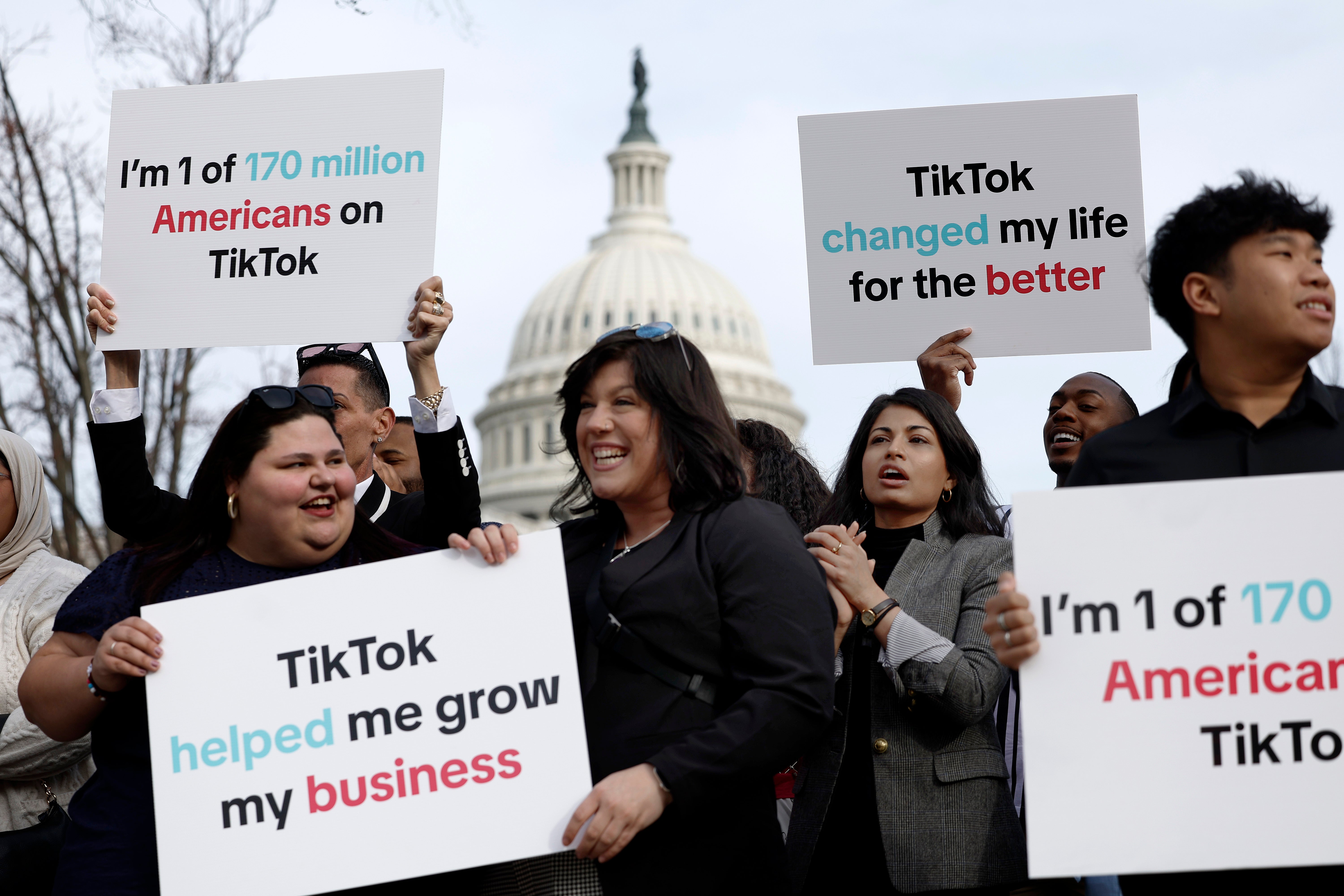China-based RedNote has experienced a huge surge in downloads from users in the US and worldwide as the 19 January deadline for the US TikTok ban approaches.
The app, a mix of Instagram, TikTok, and Pinterest, is one of the most popular in China and reached the top spot in the UK app download charts this week. Those migrating to the platform, officially called Xiaohongshu, or “Little Red Book,” have been warmly welcomed. Chinese and Western users collaborate on the app, teaching each other English or Mandarin, helping with homework, or sharing jokes about the looming TikTok ban.
TikTok will disappear from Apple and Android app stores on Sunday unless its Chinese parent company, ByteDance, either sells the app to an approved buyer or convinces the US Supreme Court to delay the ban.
The ban stems from national security concerns, with lawmakers claiming that ByteDance’s ties to the Chinese Communist Party could enable spying or political manipulation through users’ feeds. Both TikTok and ByteDance have strongly denied the allegations and mounted several legal challenges against the bill.
But even if the ban is enforced, is it simply pushing users toward another app with similar risks?

Like TikTok, RedNote is owned by a Chinese company, Xingyin Information Technology. Chartered security expert James Bore says that, like most social media platforms, RedNote prioritises growth and engagement over user privacy. However, the platform’s governance under Chinese law sets it apart.
“The difference is that China has a law that the government must have a stake in companies,” he told The Independent. “This is not a secret, it’s written into Chinese law so that they can overrule things and make sure there’s nothing that threatens the Chinese state. That’s a level of interference in companies that we’re not really used to in the West.”
Cybersecurity expert Rob Pritchard added: “I doubt there is a particular risk to individuals, but the broader implications are interesting. It’s not the effect the US government wanted to achieve, I’m sure.”
When users sign up for RedNote, they must accept terms and conditions presented only in Mandarin, leaving many unaware of what they’re agreeing to.
“I saw the terms and conditions for this app and I just clicked it. I didn’t even try to read that,” said new RedNote user Kelsey Higginbottom in a clip.

Translated sections reveal strict content rules, banning anything that “destroys the unity of the nation-state,” violates the “bottom line of the socialist system,” or “edits the vision of the nation.”
“TikTok was run out of the US for the most part so it conformed to Western norms,” Pritchard said. “You could have talked about things like Tiananmen Square – but you can’t do that on RedNote. The content and speech people from the West put on there will be subject to the same controls that you see in China.”
He added: “You probably will be exposed to some kind of propaganda in the sense you will only see the Chinese state line – which is very controlled. Even with all the arguments we’ve had over censorship of Twitter – it is still not controlled in the same way the Chinese government controls censorship.”
Western users posting prohibited content are unlikely to face legal repercussions, but their accounts may be banned. Meanwhile, the influx of Western users appears to have raised concerns within China itself.
On Wednesday, RedNote released an update allowing users in China to browse the app without seeing content from outside the region.
“It seems they don’t want cultural contamination. That reason is hypothetical, but the update has gone out,” Bore said. He added that the update is currently optional but could be made automatic in the future.
RedNote collects personal data, including location, browsing activity, and device-specific information like IP addresses, and can share this data with third parties or government authorities. Experts note that this practice is not unusual for social media platforms.
“RedNote is broadly as safe as much as any other social media platform,” Bore said. “Pretty much all of them are established with not being concerned with users’ privacy and welfare. So yes, there have been concerns about TikTok and RedNote, but the same concerns apply to pretty much every other platform out there too.”







